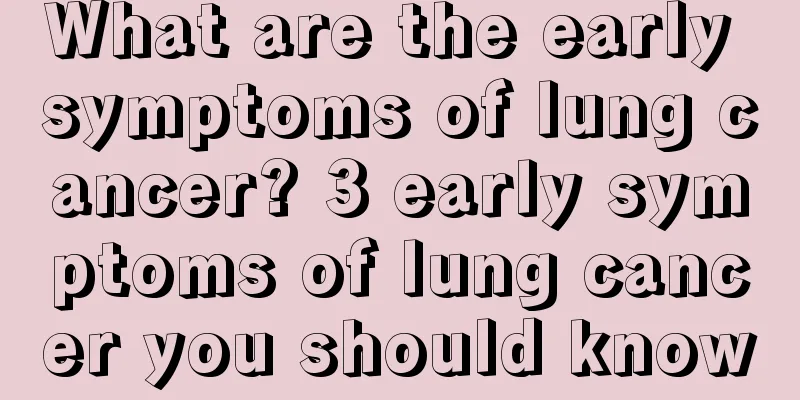Complications after esophageal cancer surgery

|
The occurrence of esophageal cancer has a serious impact on people's normal life and work. If the treatment is not timely, the disease will relapse or worsen, which will threaten the patient's life safety. For patients who choose surgical treatment, postoperative complications are more common. So what are the postoperative complications of esophageal cancer? 1. Functional gastric emptying disorder: Some patients with esophageal cancer also need to remove the stomach wall or even part of the stomach during resection. The esophagus and stomach are connected, which can affect each other functionally. After esophageal cancer resection, gastric motility disorders often occur, causing chest and stomach emptying disorders and resulting in a large amount of gastric content retention. 2. Respiratory infection after esophageal cancer surgery: Although esophageal cancer surgery does not remove lung tissue, it destroys the integrity of the chest, damages the intercostal muscles, and especially the integrity of the diaphragm, which seriously damages the ventilation pump of the affected lung, making it easy to develop respiratory infections. When pain occurs in the neck, chest or upper abdominal incision, or the stomach has been pulled into the chest to compress the lungs, the patient may experience varying degrees of difficulty breathing after surgery, with shallow and rapid breathing. 3. Severe diarrhea after esophageal cancer surgery: Surgery for esophageal cancer may cause gastrointestinal dysfunction and severe diarrhea. Analysis shows that the cause may be related to vagus nerve severance, gastrin concentration, etc. Treatment measures: actively give antidiarrheal drugs and give fluid replacement to prevent dehydration of patients. 4. Reflux esophagitis: Reflux esophagitis is a common complication after esophageal cancer surgery. The main manifestation is that acidic liquid or food refluxes from the gastroesophageal esophagus to the pharynx or mouth when the body bends forward after each meal or sleeps in bed at night, accompanied by symptoms such as burning or pain behind the sternum and difficulty swallowing. 5. Anastomotic leakage: This is a serious complication after esophageal cancer surgery, with an incidence rate of about 5%. Its cause is related to factors such as the anastomotic method, whether there is tension at the anastomotic site, whether there is secondary infection at the anastomotic site, and the patient's nutritional status before surgery. |
<<: Prevention of complications from radiotherapy for esophageal cancer
>>: What are the dangers of esophageal cancer
Recommend
What should I do if my face becomes red and itchy due to allergies?
Facial skin allergy is a very common form of alle...
Can rotten bananas remove acne?
Having pimples on the face is a very painful thin...
How long after a meal should I take the medicine
Medicine is very common. Every family will prepar...
What is the cause of foot screw bone swelling
The screw bone is an important part of the foot, ...
What causes yellow urine when you have a cold?
Colds are a common disease in people's daily ...
Is small cell lung cancer serious? Two knowledge points reveal the dangers of small cell lung cancer
Small cell lung cancer is a highly malignant lung...
What’s the best way to sober up?
Many men like to drink, so much so that some of t...
Pituitary tumor adrenocortical insufficiency
Pituitary tumors may cause adrenocortical insuffi...
Why is my poop so yellow?
As we all know, if your excrement appears in some...
What are the dangers of lung cancer
I believe everyone knows that smoking is harmful ...
How can hamartoma be diagnosed
Hamartoma is a terrible disease, and its incidenc...
What food to eat for dry mouth
People who often suffer from dry mouth can improv...
Six months after tongue cancer surgery, my tongue is still numb and swollen
The tongue is still numb and swollen six months a...
How to wear an invisible bra?
The invisible bra that people often talk about is...
Fetal thyroid development time
When it comes to thyroid disease, people are actu...









